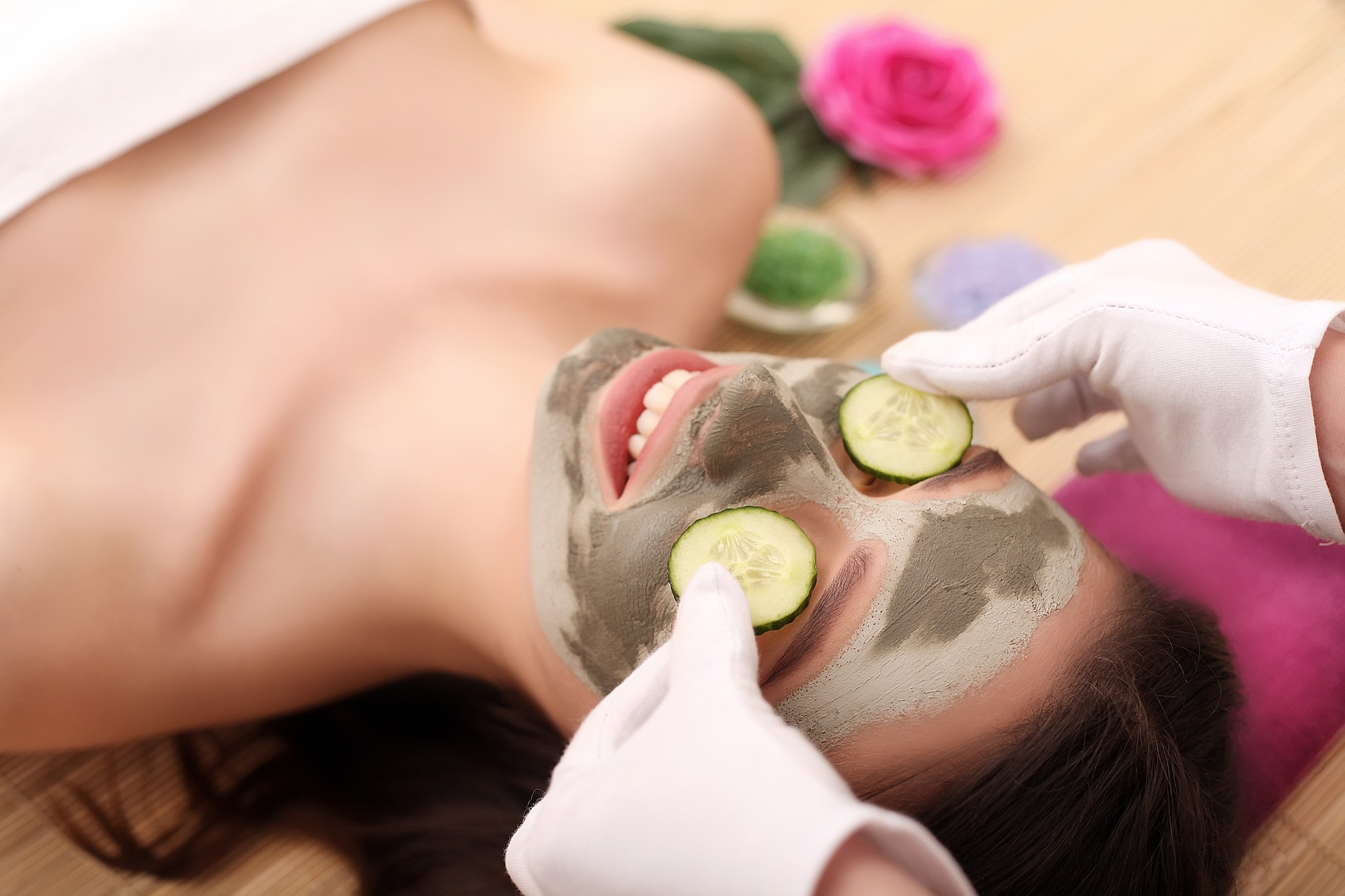Antioxidants are vital substances that help protect the body from damage caused by harmful molecules called free radicals. These molecules can cause oxidative stress, which has been linked to various health issues such as aging, inflammation, and chronic diseases. One of the richest sources of natural antioxidants is algae, a diverse group of aquatic organisms that are capable of photosynthesis. Algae-based cosmetics and skincare products have gained popularity in recent years due to their high nutritional content and numerous benefits for the skin.
Algae are packed with a variety of essential nutrients, including proteins, vitamins, minerals, and fatty acids. They are particularly rich in antioxidants like carotenoids, flavonoids, and phycobiliproteins, which help neutralize free radicals and reduce oxidative stress. The high nutritional content of algae makes them an ideal ingredient for cosmetic products that aim to nourish, protect, and rejuvenate the skin.
One of the most well-known types of algae used in cosmetics is microalgae, which are microscopic single-celled organisms that can be found in both freshwater and marine environments. Microalgae species like Chlorella, Spirulina, and Dunaliella are known for their high antioxidant content and have been incorporated into various skincare products such as creams, serums, masks, and even supplements.
Chlorella, for instance, contains high levels of chlorophyll – a potent antioxidant that helps detoxify the skin by binding to and removing impurities. It also contains vitamins A, C, and E, as well as essential fatty acids that help maintain the skin’s moisture barrier and improve its overall appearance. Spirulina is another microalga rich in antioxidants like beta-carotene, phycocyanin, and superoxide dismutase (SOD). These antioxidants work together to protect the skin from environmental stressors and promote a healthy complexion.
Macroalgae or seaweed is another type of algae that has been widely used in cosmetic formulations. Some popular macroalgae used in skincare products include red algae (Rhodophyta), brown algae (Phaeophyta), and green algae (Chlorophyta). These macroalgae are rich in polysaccharides, vitamins, minerals, and other bioactive compounds that provide numerous skin benefits.
Red algae, for example, are known for their high content of carrageenan – a natural thickening agent that can help improve the texture and consistency of cosmetic products. They also contain powerful antioxidants like astaxanthin and fucoxanthin, which can help protect the skin from UV-induced damage and premature aging. Brown algae, on the other hand, are rich in fucoidan – a sulfated polysaccharide with potent antioxidant, anti-inflammatory, and moisturizing properties. Green algae, such as Ulva lactuca and Enteromorpha compressa, are rich in amino acids, vitamins, and minerals that can help nourish and revitalize the skin.
The use of algae-based cosmetics offers several benefits for the skin. Their high antioxidant content helps protect the skin from oxidative stress and environmental pollutants that can cause premature aging and other skin issues. Algae-based products also provide essential nutrients that can improve the skin’s elasticity, hydration, and overall appearance. Moreover, these products are considered eco-friendly as they utilize sustainable and renewable resources.
In conclusion, algae-based cosmetics are gaining popularity due to their high nutritional content and various skin benefits. The antioxidants found in both microalgae and macroalgae help protect the skin from oxidative stress while providing essential nutrients for a healthy and youthful complexion. As consumers become more conscious about the ingredients in their skincare products and their environmental impact, we can expect to see an increasing number of algae-based cosmetic products in the market.

